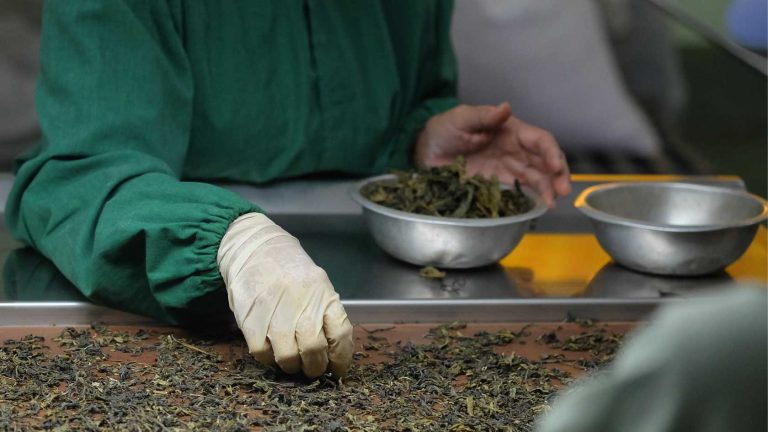A remarkable transformation is unfolding within the global tea industry as sustainability and ethical sourcing practices take center stage. Increasingly conscious of environmental and social concerns, consumers are placing greater emphasis on understanding the origins and production methods behind their beloved brew. This profound shift reflects a growing demand for transparency and accountability throughout the tea supply chain, spanning from cultivation to packaging and distribution.
To meet this demand, tea companies are wholeheartedly embracing sustainable farming practices. Organic cultivation, agroforestry, and biodiversity conservation are gaining prominence as tea producers strive to minimize chemical inputs and nurture soil health. By doing so, they not only protect the environment but also enhance the long-term resilience of tea plantations. Furthermore, a renewed focus on fair labor practices and community development initiatives ensures that tea workers are treated equitably, receiving fair wages and dignified working conditions.
The rising significance of traceability and certification schemes further reinforces the industry’s commitment to sustainability and ethics. Certifications like Fair Trade, Rainforest Alliance, and Organic are gaining traction, providing consumers with reassurance that their chosen teas have been responsibly sourced. This commitment to transparency fosters trust and loyalty among consumers, who are increasingly willing to invest in teas that align with their values, even at a premium price.
In essence, the tea industry’s embrace of sustainable and ethical sourcing practices is reshaping its very foundation. This transformative movement holds the potential for positive change, benefitting both the environment and the communities involved in tea production. By wholeheartedly adopting these principles, tea companies can distinguish themselves in the market, bolster their brand reputation, and actively contribute to a more sustainable future for the entire tea industry.





